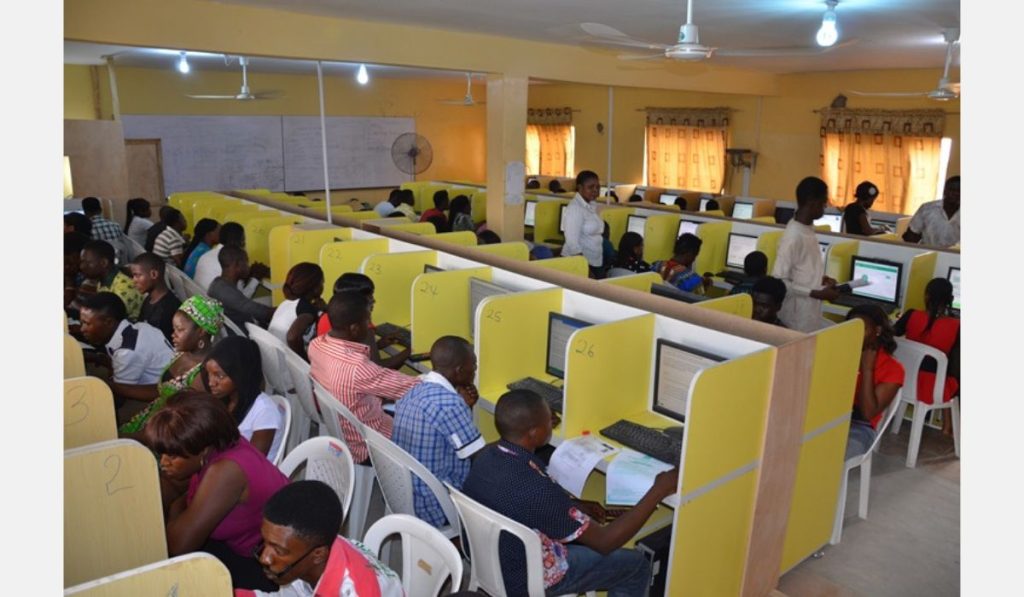
Joint Admissions and Matriculation Board (JAMB) CBT Center
In a significant policy shift, the Joint Admissions and Matriculation Board (JAMB) has announced that exceptionally gifted students below the age of 16 will now be permitted to sit for the Unified Tertiary Matriculation Examination (UTME). This development aims to recognize and accommodate the unique academic capabilities of young prodigies, particularly those in Junior Secondary School (JSS), who demonstrate exceptional intellectual abilities.
Historically, JAMB has enforced a minimum age requirement of 16 years for candidates seeking admission into tertiary institutions in Nigeria. However, acknowledging the presence of extraordinarily talented students, the board has introduced the “Exceptionally Brilliant Window” to cater to these individuals. JAMB Registrar, Prof. Is-haq Oloyede, emphasized that while the standard minimum age remains 16, provisions are now in place for younger candidates who exhibit exceptional academic prowess.
Prof. Oloyede expressed concern over the increasing trend of parents manipulating their children’s ages and accelerating their educational progression through unconventional means. He noted that some parents resort to falsifying birth records and facilitating the skipping of academic grades to present their children as prodigies. “Normal children cannot grow at a rate higher than their biological age. What parents are now doing is increasing the age of their children… The parents want to use the children to decorate their CVs,” he remarked.
Read also: Why 140 JAMB score is equal to mediocrity
To ensure that only genuinely exceptional students benefit from this initiative, JAMB has set stringent criteria. Candidates under 16 must achieve a minimum score of 280 in the UTME and demonstrate outstanding performance in their Senior Secondary Certificate Examinations (SSCE) and post-UTME assessments. This rigorous standard aims to maintain the integrity of the admission process and ensure that only truly deserving candidates are granted early entry into tertiary institutions.
PUNCHNG.COM
The introduction of this policy has sparked discussions among educators, parents, and policymakers. While it offers a pathway for gifted Junior Secondary School students to advance academically without unnecessary delays, it also raises concerns about the social and emotional readiness of younger students entering higher education environments.
As this policy unfolds, it is imperative for stakeholders to monitor its implementation closely. Balancing the academic needs of exceptional students with their overall well-being will be crucial to ensure that this initiative achieves its intended purpose without unintended consequences.
In conclusion, JAMB’s decision to allow exceptionally gifted students below 16 to sit for the UTME represents a progressive step in accommodating Nigeria’s brightest minds. However, it underscores the need for a holistic approach that considers the academic, social, and emotional development of young learners as they navigate accelerated educational pathways.






